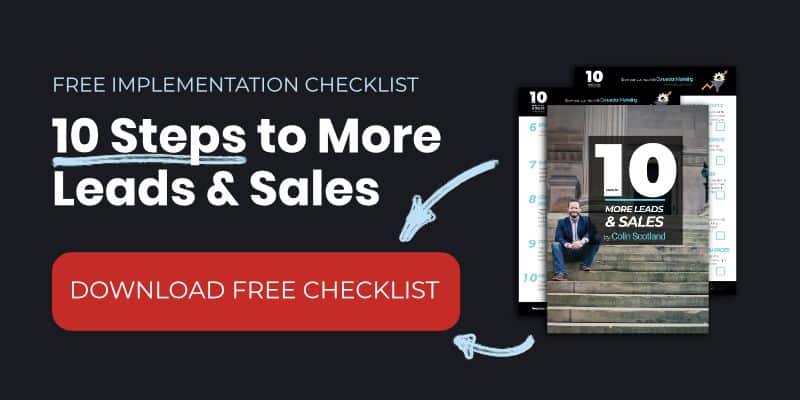A big pitfall of DIY websites lies in the lack of planning, by 'diving in' to one of these 'create your own' platforms you will get a web presence for your business quickly and cheaply, but is this enough if it makes little or no difference to your bottom line?
You need careful planning to consider who your visitors are, what they expect to achieve from visiting your site, and what actions you want them to perform as a result, i.e. buy a product, make a booking, email you.
Without a structured plan and careful design, expensive reworking may be inevitable when you discover the site doesn't achieve your business goals.
Clear goals and careful planning lead to measurable results. That is what you need to focus on driving your business forward.
That's not to say there should be onerous time and effort in the planning stage, or that you can't achieve results with a DIY solution because you can, you just need to take some time to consider what it is you want to achieve before you dive in and create the pages and understand the bigger picture.
This is where an expert eye can really make a difference. Here we will take a brief look at the Website Development Process (Chaffey et al.) to give you an overview of the things you need to be thinking about when developing a website for your business.
- Pre-Development
- Content Planning
- Content Development and Testing
- Launching the Site
- Pre/Post Launch Promotion and Communications
- Ongoing promotion
Pre-Development
This includes considerations such as domain name registration, web hosting, analyzing competitors' websites, and deciding the primary aims and objectives.
Content Planning
Detailed analysis and design that takes into account the needs of the target audience of your business and then aligns the design and content accordingly. For example, we recently completed some work for a taxi company in Warrington, and our research and consultation with the client resulted in a nice website that had one clear call to action on every page: 'Call Now', obviously, but we took this a stage further and integrated 'Quick Quote Sliders' and responsive 'Quote Now' functionality into the site that speeds up the booking process even further.
Since its launch, this has had a massively positive impact on the client's business. Clear goals and careful planning lead to measurable results. That is what you need to focus on driving your business forward.
Content Development and Testing
This is where most DIY website builders start?! This is where the coding of the website takes place and they create the content and assets.
Launching The Site
Once the content has been built and tested, this is usually just a case of pressing the button and there you go.
Pre/Post Launch Promotion and Communications
This is a crucial element and should take place in parallel with the earlier phases. Things to consider here include search engine optimization (SEO), search engine registration (if the site is brand new), updating business stationery, branding, and advertising of the new site.
Ongoing Promotion
Discounts, promotions, competitions, search engine optimization (SEO) PPC, email marketing, and the whole gamut of online and offline marketing tools can play a part here.




